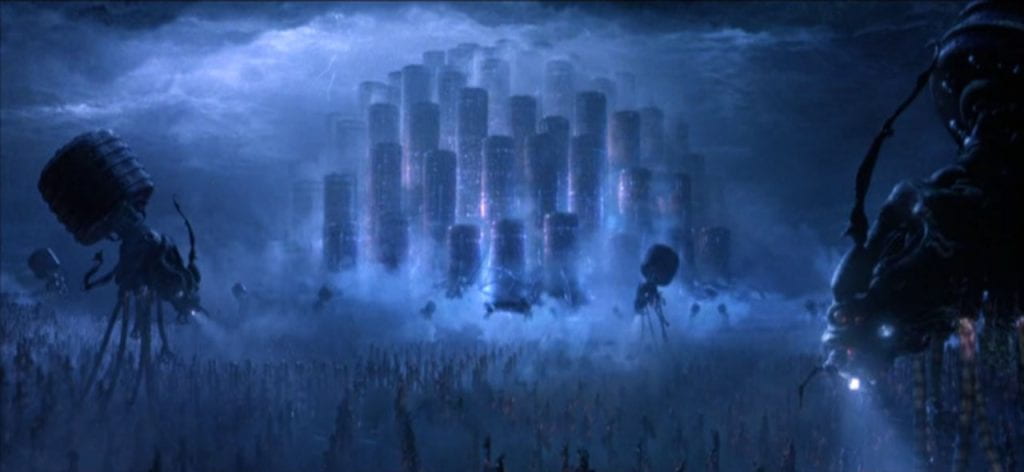Why Our Students Need Critical AI Literacy
As a part of my professional development project this year, I signed up for a wonderful course through Library Juice Academy called AI and Libraries, for Skeptics. Though it was Keanu and dystopian futures I was envisioning, that really wasn’t what it was about. The focus of the course was to make sure that even with all the media hype about AI, we understand how important it is to have a critical perspective about it. So what I got was a reality check, a deep dive into the unseen algorithms that are shaping our world, and a newfound conviction: our students desperately need algorithmic literacy.
The course wasn’t about demonizing AI. It was about understanding its limitations and potential biases. We explored how algorithms can perpetuate discrimination, filter information in sneaky ways, and even manipulate our choices. Author Thomas Cormen called algorithms “a major human rights issue in the twenty-first century.”
It was a wake-up call. How much did I truly understand about the forces shaping my news feed, the recommendations bombarding me online, or even the way my search results are prioritized? Not enough. Or about how when we use Large Language Models like ChatGPT, these chatbots are “trained” by using data that may be skewed in ways that may lead to bias and stereotypes, and also need to be trained to be ‘clean’ using exploitative and damaging labour. And the environmental ramifications of AI that should be an important consideration as these technologies continue to advance.
If I, a supposedly tech-savvy adult felt overwhelmed with so much new critical perspective, imagine the plight of our students. They’re growing up in a world saturated with AI, but without the tools to critically analyze it. They need to be able to ask questions: Where did this information come from? Is this algorithm fair? What are the potential consequences of this technology?
Algorithms as part of increasingly ubiquitous AI, such as machine learning and deep learning systems, reflect and promulgate certain ideologies and have impacts and influences in the full range of human society —Michael Ridley and Danica Pawlick-Potts
This isn’t just about protecting them from manipulation. It’s about empowering them to be active participants in a future heavily influenced by AI. They should be able to understand how algorithms work, identify potential biases, and even use them for good!
So, the next time you hear about AI, let’s move beyond the hype. Let’s equip our students with algorithmic literacy. Let’s make them critical thinkers, not passive consumers, in the age of intelligent machines. After all, the future they inherit depends on it.
References:
Ridley, M., & Pawlick-Potts, D. (2021). Algorithmic Literacy and the Role for Libraries. Information Technology and Libraries, 40(2). https://doi.org/10.6017/ital.v40i2.12963
Thomas H. Cormen et al., Introduction to Algorithms, 3rd ed. Cambridge MA: MIT Press, 2009
Perrigo. B. (2023, January 18). Exclusive: The $2 per hour workers who made chatgpt safer. TIME. https://time.com/6247678/openai-chatgpt-kenya-workers/
Naughton, John. (2023, 23 Dec).“A World Suffused with AI Probably Wouldn’t Be Good for Us – or the Planet | John Naughton.” The Guardian, Guardian News and Media. https://www.theguardian.com/commentisfree/2023/dec/23/ai-chat-gpt-environmental-impact-energy-carbon-intensive-technology
